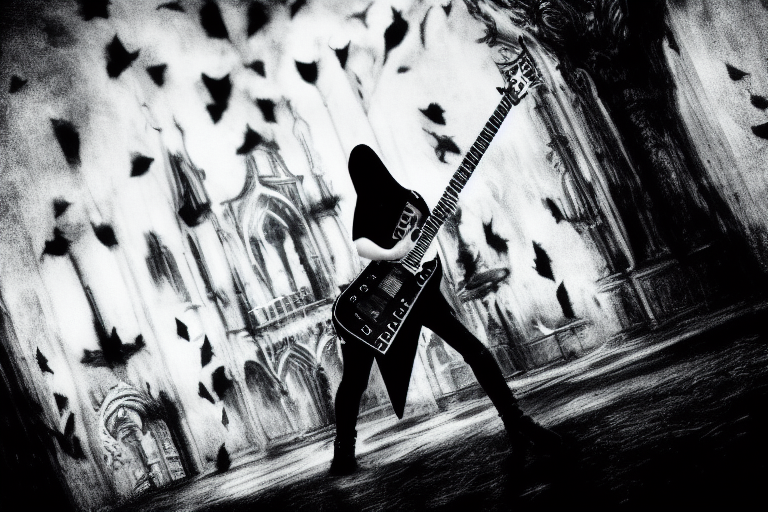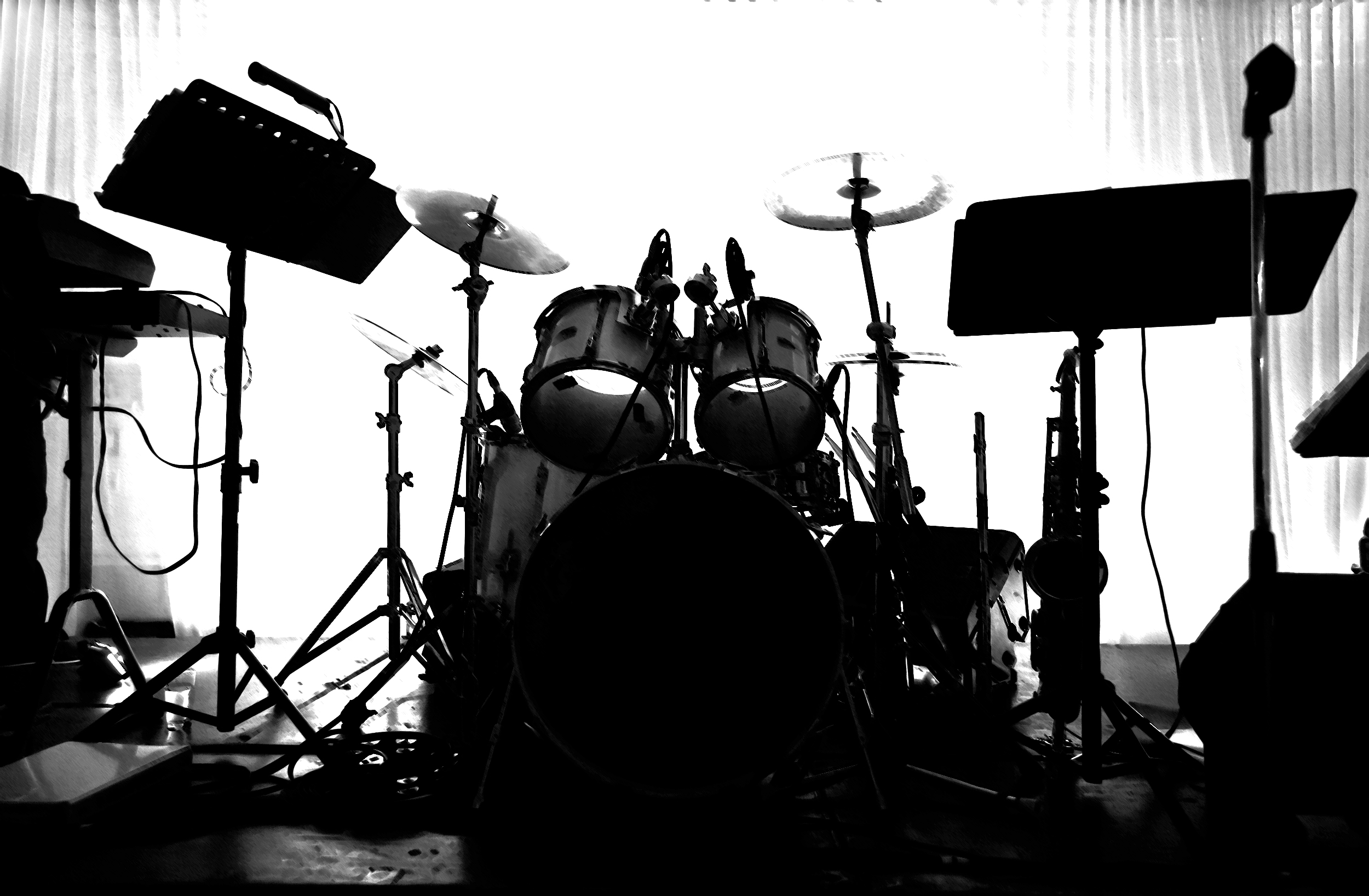Punk Rock emerged in the mid 70s, as a rebellious act against the rock music of its time.
Punk bands played short, fast songs with anti-establishment and anti-authoritarian lyrics, and bands had a DIY ethic, recording themselves and distributing music independently from the record companies of the time.
Punk rock was used to describe bands like MC5 and Iggy and the Stooges, and was shortened to punk in the mid 70s and included US bands Television, Patti Smith, and the Ramones and UK bands The Sex Pistols, The Clash, The Damned and The Buzzcocks. Many musicians who identified or were inspired by punk tried other musical directions, giving rise to new genres such as post-punk, new wave, and alternative rock. In the 1990s Nirvana and Green Day emerged as Grunge and Pop Punk and they were influenced by punk bands from the 70s.
Music in the 70s had become bland and stale, and what was needed was some stripped down, no bullshit rock ‘n’ roll. Punk was wild and rebellious music. A network of small venues and independent labels emerged and it allowed anyone to record and write their own music and songs, release them, and it opened up music creation to anyone.
Post-punk emerged in 1977 and bands departed from punk’s raw simple songs. It was more experimental and used punk’s energy and DIY ethic. It was interested in disturbing the audience, making them think, and pushing the boundaries of rock music. It was constantly changing and challenging, and it spanned many genres of music, breaking rules as it developed and morphed in all directions. Punk became part of electronic music, dub, jazz, noise, metal and almost all genres. Early post-punk bands included Wire, Public Image Ltd, Magazine, Joy Division, Talking Heads, Siouxsie and the Banshees, Gang of Four, the Cure, and the Fall.
Ultimately punk rock and post-punk wanted to challenge the bland, controlled, music formulas of its day and perhaps music is at this crossroads again, and needs an injection of energy, innovation and independence.
All music is in effect post-punk, it exists after punk. It is not a genre, or a formula, but an attitude that has its roots in rock ‘n’ roll, and in DIY, and is the music of the disaffected, and restless, and is the outlet for those challenging the mainstream.
Punkarama is our night of punk and the music it inspired, and it is not limited by genre, but is open to all types of music that challenges and confronts the norm.


